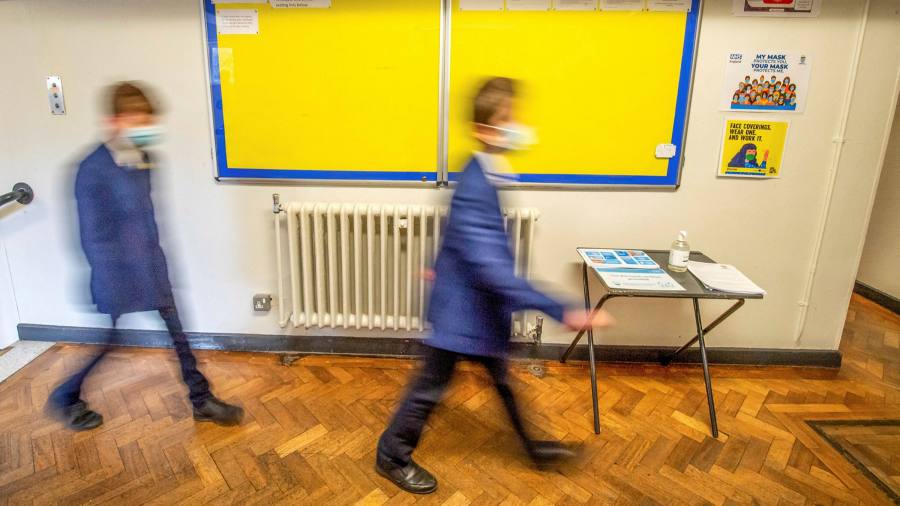[ad_1]
In a recent radio interview about the pandemic, a distinguished professor was asked whether we need to learn to live with uncertainty. Her response was that “uncertainty is the enemy of wellbeingâ€. Yet the situation is more complex than that, especially for the young who have actively engaged with uncertainty in their lives under Covid-19.
Coronavirus has cast a shadow of doubt over many certainties. To realise that parents, teachers and even governments do not know what may happen can be destabilising. Yet research suggests that being open to uncertainty is important for wellbeing. It supports curiosity, deep thinking and hope. It should be central to children’s education.
My colleague, Dr Rebecca Webb, and I set out to find how uncertainty is affecting young people. We examined the diaries of more than 50 people aged six to 20 across England, written during the first lockdown last May. What was striking is the extent to which young people grapple with unknowns.
Their entries explore existential questions and the implications of government directives. They express fears, anger and confusion, plus the possibilities and joys offered by living under lockdown. They reimagine futures and engage humorously. One wrote: “We must all ‘Stay Alert’. Alert for what, someone walking round with a sign reading ‘I’ve got Covid-19’?â€
Schooling emphasises certainty, with subjects mapped and measured, as defined by national curricula. On the surface, this seems to work. The teacher is certain what they must teach. The students are certain what they must learn. There are right and wrong answers. Those giving correct answers receive good grades and go off full of expectation into the world.
Yet the world they enter is filled with uncertainty. “We were never taught what uncertainty feels like,†one student told us. “Things were always planned out for us and we were always working towards something certain. The bubble of certainty begins to crack as we are on the edge of being poured into real life.â€
In schools, young people face tough Covid-19 compliance rules but, on leaving the gates, they navigate many decisions without clear answers. This might include what to do if friends refuse to social distance or if families are vaccination sceptics.
Students need opportunities to work out how to respond to their feelings, external pressures and competing information. Most are conscious of uncertainty even if they struggle to articulate it. A mother told us that 10 months into the pandemic, she realised her 13-year-old daughter’s anxiety, when she said, “I really want you to get the vaccine, because then I can relaxâ€.
Our education system will never succeed in shielding everyone from uncertainty. Nor should it try. This simply leaves young people to worry before, perhaps, telling an adult. Working through uncertainty with support is what builds resilience. Facing uncertainty alone rarely does.
A few schools embrace uncertainty. For example, the International Baccalaureate, delivered in some sixth forms, supports students to “approach uncertainty with forethought and determinationâ€. Doing so can enable students to work with complexity and to live respectfully with others. After all, uncertainty is integral to most decisions in business, finance, politics and personal lives.
This makes dealing with uncertainty an educational imperative. Rather than being the enemy of wellbeing, uncertainty offers an opportunity to build inner strength.
This is a challenge for us all. But for young people in the maelstrom of peer pressure, testing, puberty and other challenges, it is far harder.
The writer is a professor of education at the university of Sussex. Rebecca Webb, working with transformineducation.org, contributed
[ad_2]
Source link






